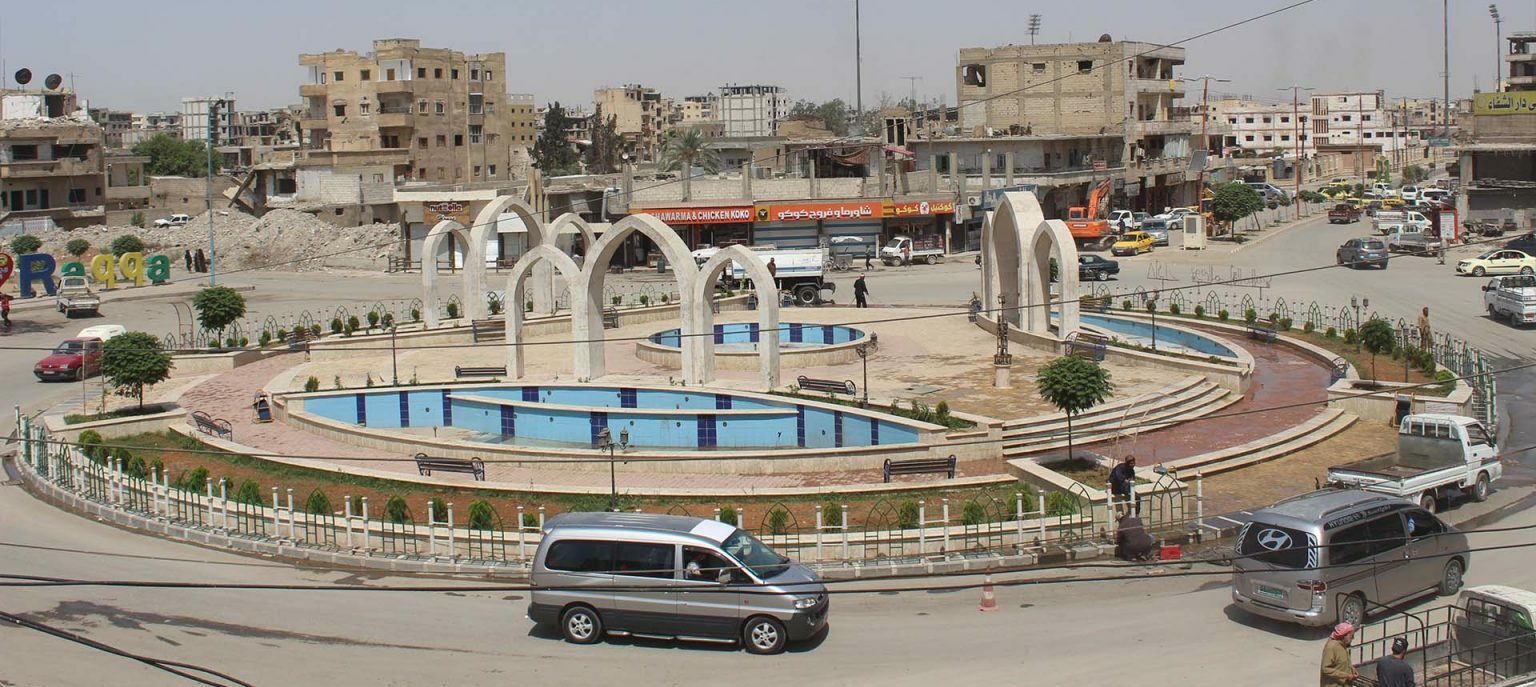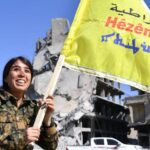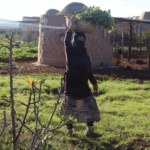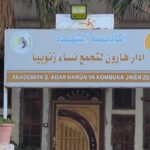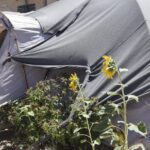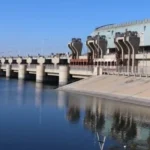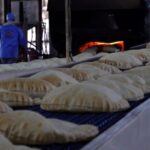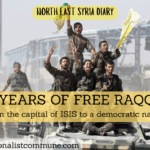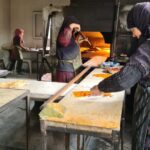Raqqa (Arabic: الرقة ar-Raqqah; Kurdish: Reqa) also called Raqa, Rakka and Al-Raqqah is a city in the Democratic Federation of Northern Syria.
It is located on the northeast bank of the Euphrates River, about 160 kilometres (99 miles) east of Aleppo, and 40 kilometres (25 miles) east of the Tabqa Dam, Syria’s largest dam.
Raqqa is a historic city, it was the capital of the Abbasid Caliphate between 796 and 809, under the reign of Harun al-Rashid.
Daesh (the self-styled Islamic State), made the city its de facto capital in 2014.
It was liberated by the Syrian Democratic Forces on 17 October, 2017. The declaration of the city’s liberation was given by YPJ women fighting in the front line against the IS. This declaration was announced on 19 October 2017 in the Al-Naim Square, where the Islamic State had carried out public executions.
The administration of the liberated city of Raqqa was soon handed over to a civilian council. This civil council began with 60 members and now (October 2018) consists of 200 Arabs, Kurds, Armenians, Turkmens and Syriacs. The co-presidency is chaired by an Arab and a Kurdish representative. The council organises popular assemblies in central Raqqa, the towns, districts and villages. Representatives of the Council have been opened in many places and communes have been formed throughout the city.
The population is steadily returning to the city. Shops are opening everywhere. The houses, which had been abandoned due to the escape from the IS, are also beginning to fill up with life again. There is a lot going on in the markets and squares. The construction machines work around the clock on the reconstruction of the city. The Mansura and Kornish bridges, which spanned the Euphrates in the south of the city, had been blown up by the IS. The repair and maintenance of the bridges has also begun. The people who live on the opposite side of the river still cross it with ferries and barges.
Under the IS rule, the town hall was turned into a torture center and prison. Now the building has been reopened. The city administration plays an important role in the renewal of the infrastructure destroyed by the war and started its work with a staff of 13 people. There are already 150 people offering services there at the moment. Among other things, they deal with infrastructure, electricity and bread production. While almost every house in Raqqa is connected to the water network, at the moment only three neighborhoods can be reached by the main power supply. The other neighborhoods are supplied with interruptions by generators. In areas such as Mansur, Rashidiya, Rafqa, Mahdi and Salihiya, which had become a scene of fierce fighting between the IS and the SDF, mine clearance continues.
In the 2004 official census, Raqqa’s population was recorded as 220,488, making it the sixth largest city in Syria. A more recent unofficial report estimates a population of 1 million.
